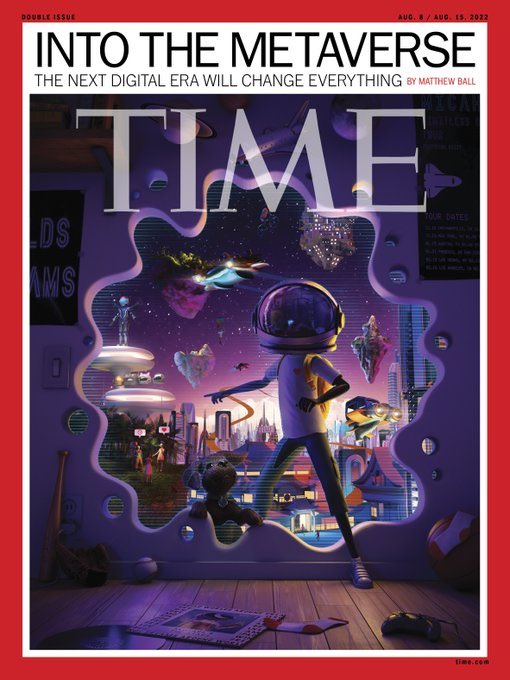he U.S. Securities and Exchange Commission reports that in the first six months of 2022, the word metaverse appeared in regulatory filings more than 1,100 times. The previous year saw 260 mentions. The preceding two decades? Fewer than a dozen in total. It increasingly feels as though every corporate executive feels the need to mention the metaverse—and of course, how it naturally fits the capabilities of their company better than those of their competitors. Few seem to explain what it is or exactly what they’ll build. The executive class also appears to disagree over fundamental aspects of this new platform, including the criticality of virtual reality headsets, blockchains and crypto, as well as whether it’s here now, might be soon, or is decades in the future.
Mots-clés : cybersécurité, sécurité informatique, protection des données, menaces cybernétiques, veille cyber, analyse de vulnérabilités, sécurité des réseaux, cyberattaques, conformité RGPD, NIS2, DORA, PCIDSS, DEVSECOPS, eSANTE, intelligence artificielle, IA en cybersécurité, apprentissage automatique, deep learning, algorithmes de sécurité, détection des anomalies, systèmes intelligents, automatisation de la sécurité, IA pour la prévention des cyberattaques.






